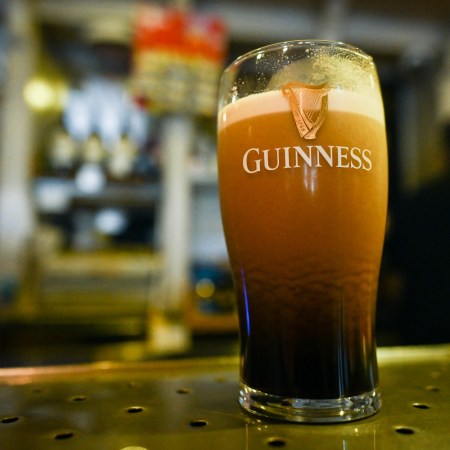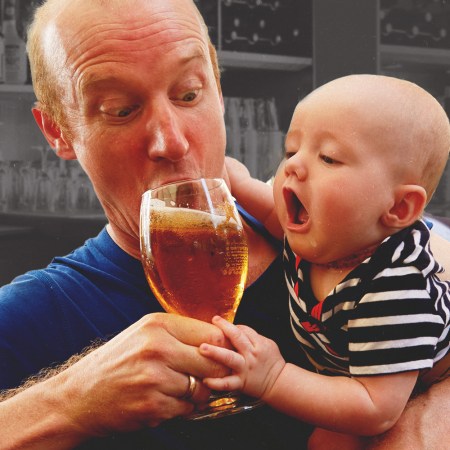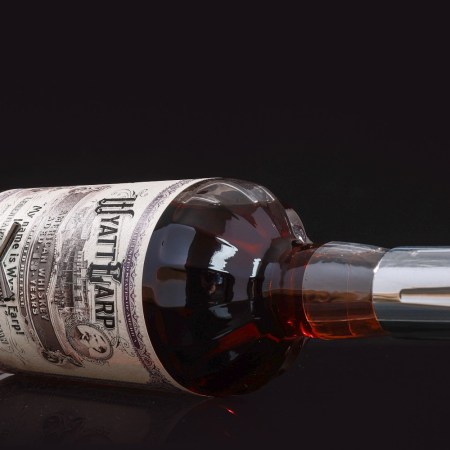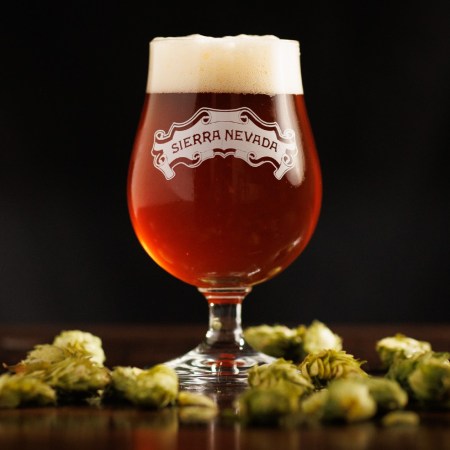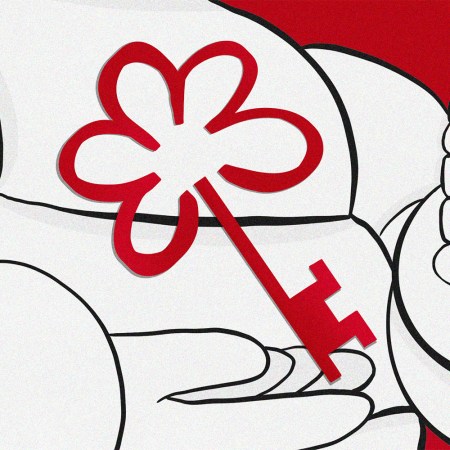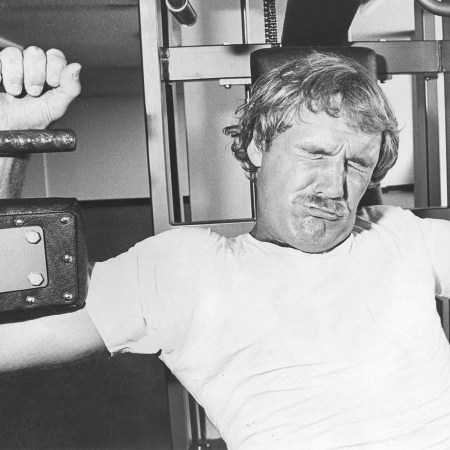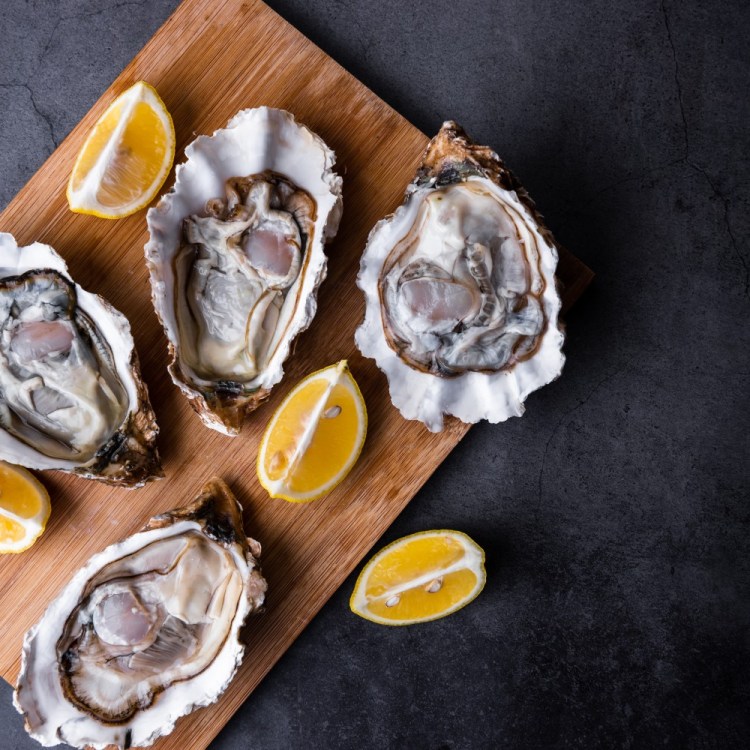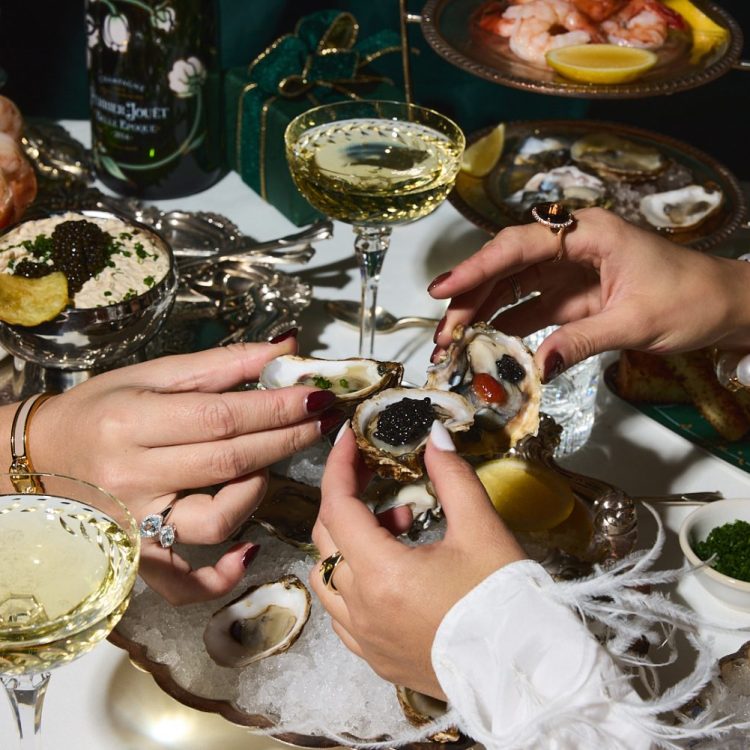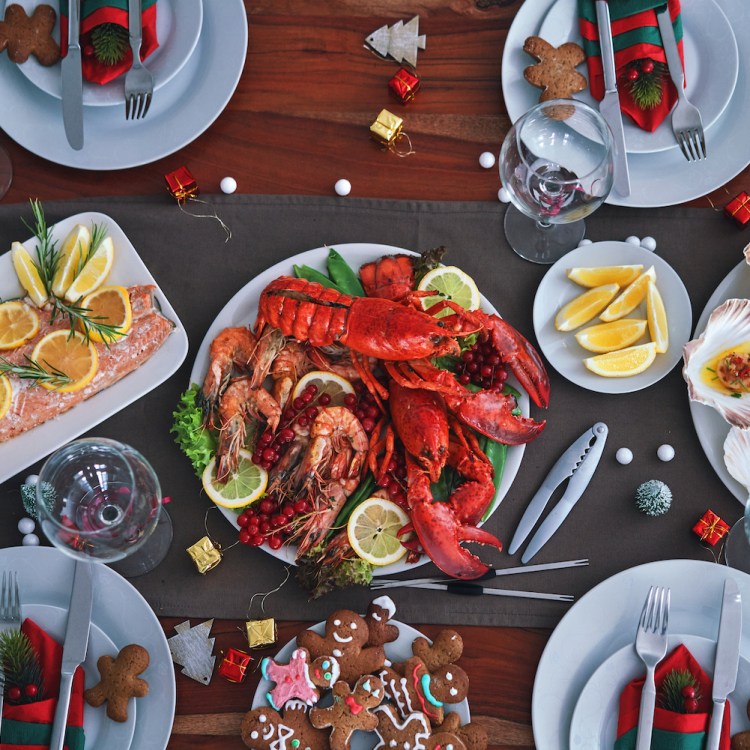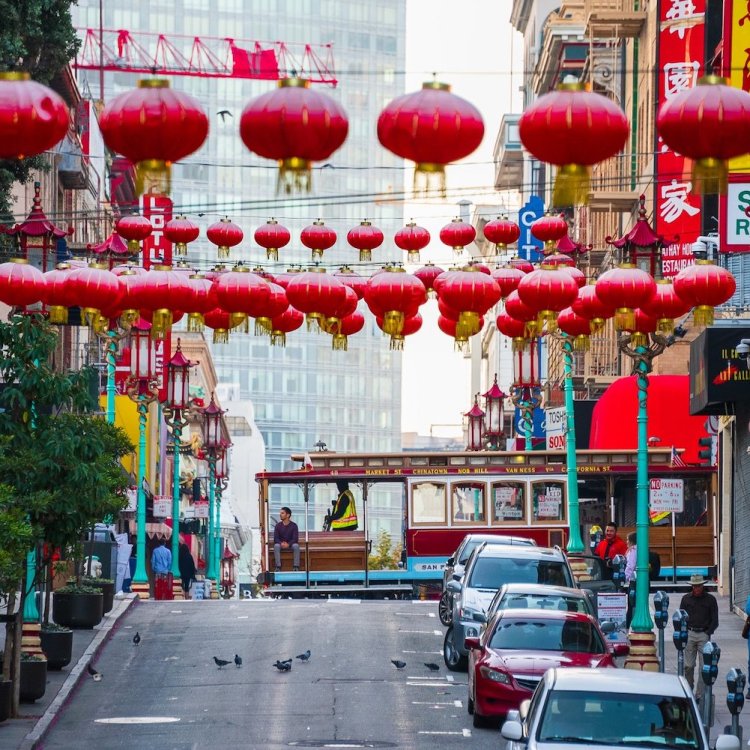When people think of Lancaster, PA, they think of horse-and-buggies, monochrome getups and the Amish Mafia.
But there’s much more to this hip little city than many would imagine.
Think of it as a small Seattle or a baby Brooklyn. There’s a thriving culinary scene, great music and arts and, best of all, a buzzing beer culture that has possibly the weirdest backstory in U.S. history.
This is but a taste of what Amish Country has to offer, past and present.
The Early Beers
Lancaster has been brewing since Europeans first arrived in the early 18th century. Back then, it was safer to drink beer than water. By 1810, the county brewed 7% of all beer in the U.S. In 1843, German immigrants upped the ante by adding lager alongside ale and turned beer brewing into a science.
Breweries in varying sizes followed — there were as many as 14 in the region by the turn of the century. The industry then consolidated into four main breweries: Wacker, Sprenger, Haefner and Rieker. Lancaster was then referred to as the “Munich of the United States.” Each of the Big Four had brewing capacity of 45,000 barrels per annum, comparable to what Troegs turns out in a year today. Things were buzzing until the Prohibition.
According to Jamie Bolinger of Wacker, “All of the breweries, to some extent, participated in bootlegging operations.”
The most infamous Prohibition story involved the mob and Reading’s Max Hassel gang.
Hassel got a permit to make non-alcoholic beers at Reiker. As if. He kept the city buzzing for years by bringing in actual little people from Jersey to run hoses throughout the sewers and back into tap rooms all over the city. When the brewery was torn down during World War II, they discovered three 800-gallon tanks in a secret chamber — or, a “brewery within a brewery,” as it were.
Drinking in Amish Country Today
Lancaster’s beer culture is still hopping, with 18 or so breweries in Lancaster county and four in the city (no little people abuse allowed). An overview:
Wacker kicked off the commercial brewing culture in Lancaster, opening its doors in 1853. Post-Prohibition and with more than 100 years as a brewing business behind them, Wacker closed doors in 1956 … but they reopened in 2014 at a new locale. Tours, tastings and casual drop ins welcome.
The Buzz: Dip into Wackers history with a classic Kolsch or a well crafted Dunkel.
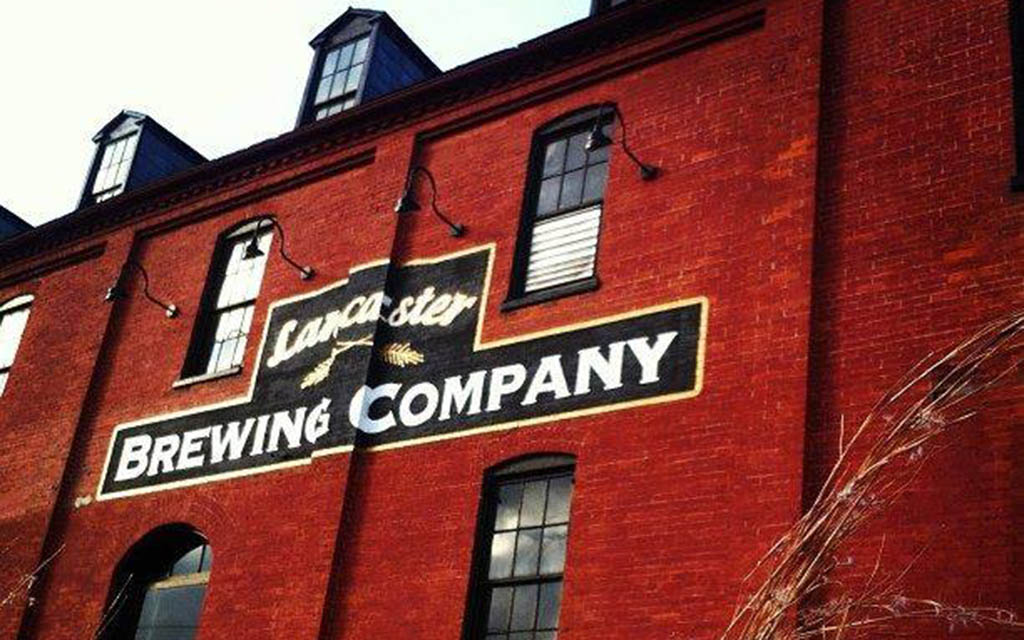
After Wacker’s close in ‘56, Lancaster brewing reignited the industry after a dry spell by opening its brewery in ‘95 in an old old tobacco warehouse. Their beers range from classic German styles to creative session and craft ales.
The Buzz: The Hop Hog and Milk Stout are hard to beat.
Iron Hill owns more than 10 bars in PA and DE, with one in downtown Lancaster. The lists are extensive and distinctive at each bar.
The Buzz: The Coffee Vanilla Porter, Vanilla Red Lager, Abbey, Dubbel and Smokin Blonde are all good choices.
Brothers Matt and Greg started brewing out in the country but pouring at their Tap Room in town. They recently moved the whole operation to another great warehouse space in downtown Lancaster. Their list is incredibly eclectic. If you’re into porters and stouts, you’ll get your fill.
The Buzz: The Big Gruesome (Chocolate Peanut Butter Stout) and Seven Gates are fan favorites.
Fetish comprises three local brewers who deliver hops by monthly subscription. Each month, they select a pub at which members can pick up a box of fresh-made brews. There are currently 23 off-the-beaten path ales in rotation, including a Wild American Blonde, Dark Sours and a Scottish Wee Heavy that’s spent eight months sitting on top of Laphroaig-soaked wood chips. In the summer, they throw “Fetish on the Farm”: a sexy party at a bucolic estate with live music, dancing and plenty of room for the kids to play on the lawn.
—Karen Loftus
Join America's Fastest Growing Spirits Newsletter THE SPILL. Unlock all the reviews, recipes and revelry — and get 15% off award-winning La Tierra de Acre Mezcal.
